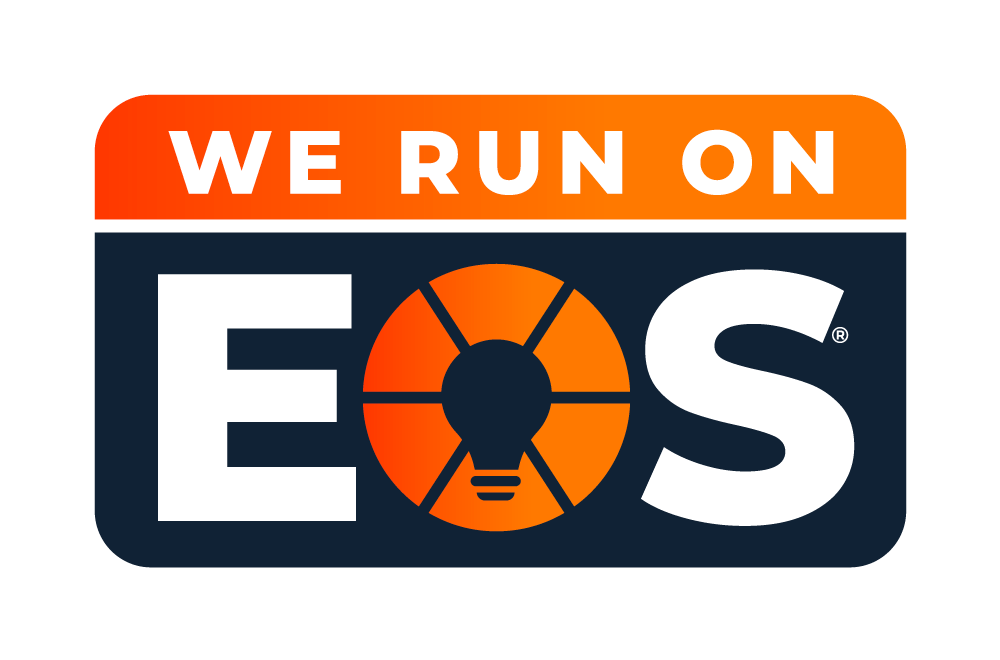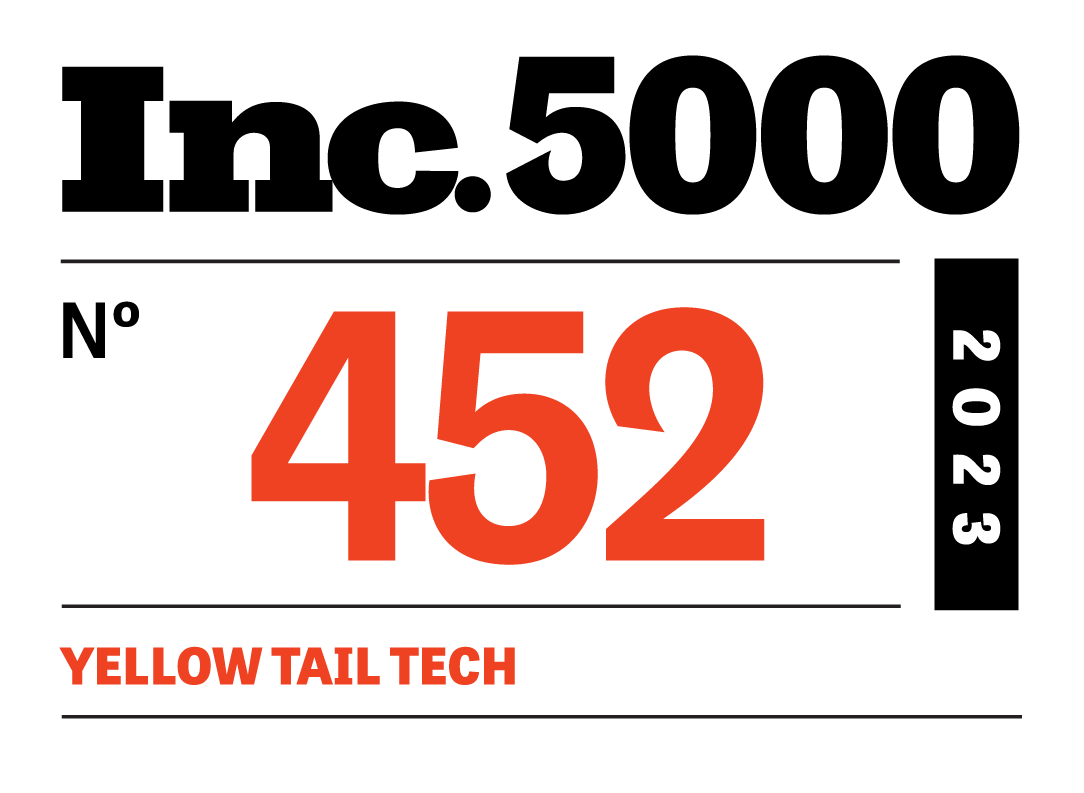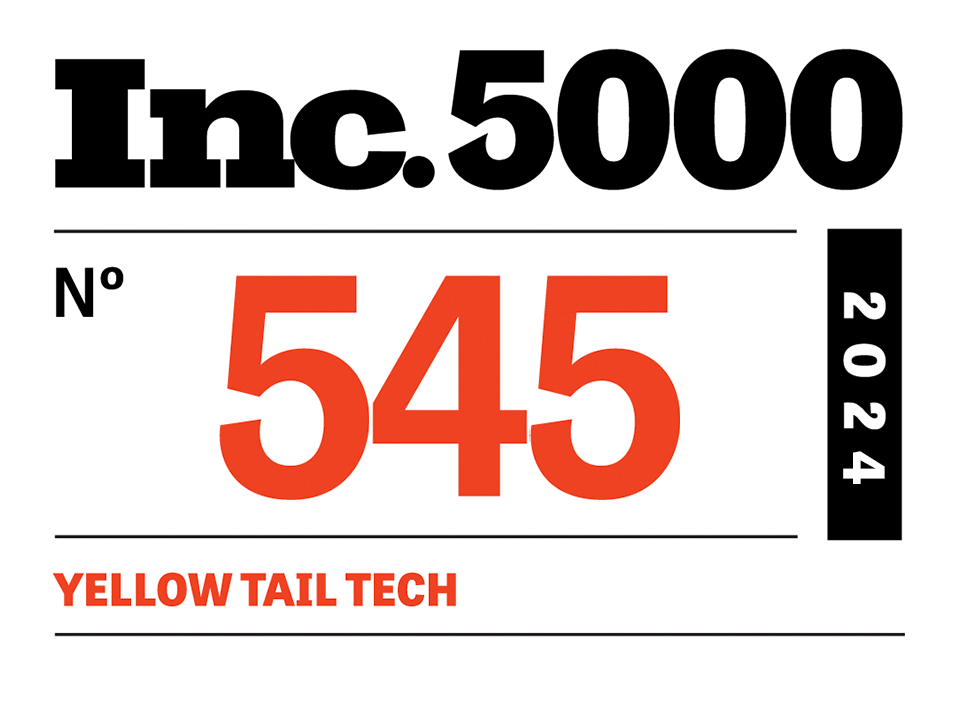For anyone looking to excel in Red Hat Enterprise Linux, earning the RHCSA (Red Hat Certified System Administrator) certification is a fantastic way to demonstrate your skills. This certification covers vital areas of system administration, such as managing file systems, configuring security settings, and maintaining local user accounts. With hands-on training in these critical skills, you’ll be well-equipped to handle even the most demanding IT challenges.
If you’re preparing for the RHCSA exam, knowing what to expect from the RHCSA exam questions is immensely helpful. Here are seven crucial facts to boost your understanding and readiness.

1. RHCSA Exam Question Format
The RHCSA exam is entirely performance-based, designed to test your practical skills in real-world scenarios. Familiarizing yourself with the question types is critical to adequate preparation.
Performance-Based Questions
This preparatory step is where you demonstrate your hands-on skills.
You may need to:
- Configure XFS file systems
- Interpret system log files
- Troubleshoot SELinux settings
- Mount and unmount network file systems
Essential tools access and tasks like creating persistent storage or managing existing logical volumes will be crucial. For example, the test instructor may ask you to maintain systems by configuring services or to update software packages.
2. Key Topics Covered on the RHCSA Exam
Familiarity with specific topics can significantly affect your performance on the RHCSA exam. Here are the primary areas to focus on:
Local User Accounts Management
It would be best if you were adept at creating local user accounts, adjusting password aging, and gaining access rights. Security must understand how to configure key-based authentication for text access remote systems and set GID directories.
File System Configuration
Regarding file system configuration for the RHCSA exam, you should prepare to work with local and network file systems. A significant emphasis will fall on this particular point.
You might need to create, mount, and unmount XFS file systems to ensure that you can configure persistent storage correctly so that data remains accessible after a reboot.
The consequences of wiping out the wrong partition can be severe, so ensure you know how to delete them safely.
You’ll want to be proficient at:
- Managing physical and logical volumes
- Creating and modifying volume groups
- Handling tasks like resizing volumes without data loss
- Familiarity with file system commands, such as mkfs
- Mount and umount
System Boot and Configuration
Understanding how to configure the bootloader is a foundational system boot and configuration skill. You can efficiently pinpoint and fix those boot issues by modifying boot parameters.
You will need knowledge of different boot modes when you learn to manage the boot process to ensure systems boot problem-free.
Prepare to handle scenarios where you might need to manually interrupt processes during boot, such as entering rescue mode to troubleshoot issues. Familiarity with boot systems and the ability to interpret errors in the system journal will aid you in solving the problems quickly.
You’ll need to be familiar with system services, including how they operate and what each one is responsible for. Smooth system operations start with coordinating individual components.
Security Configurations
Mastering security configurations is a vital part of the RHCSA exam. For secure policies to stick, this is the make-or-break factor.
You should be able to troubleshoot routine policy violations by examining SELinux logs and adjusting contexts. Familiarity with commands like semanage and setenforce will be necessary for effective SELinux management.
A big part of system management is drafting password policies that work hand-in-hand with secure key-based authentication for remote access.
Container Management
As basic container management takes center stage in modern IT environments, the RHCSA exam picks up the gauntlet, putting these critical skills under the microscope. You may need to retrieve container images from a remote repository, requiring familiarity with tools like Podman or Docker.
Mastering file system configuration, system boot processes, security settings, and container management skills puts you in a prime position to ace the RHCSA exam and thrive in a Red Hat Enterprise Linux environment.
3. Skills Assessed on the RHCSA Exam
To successfully pass the RHCSA exam, you need to demonstrate proficiency in several skills, including:
System Documentation
Good documentation practices are vital for efficient system management. During the RHCSA exam, the test instructor will assign you editing text files to maintain system documentation that outlines configurations and processes.
Proper records let you redo setups from scratch and diagnose issues faster since you can track every system tweak.
Process Scheduling
A solid understanding of process scheduling tools is essential to ensure that tasks like updates and backups occur at the correct times. Get cron working for you, and you’ll be soaring. This clever tool is more than just a job scheduler.
It’s a system management powerhouse. Run backups, delete temporary files, or even write a program to handle digital headaches.
Every system needs tasks that trigger at precise moments; that’s where timers step in, offering predictability. Accurate scheduling relies on synchronizing system clocks, which is where time service clients come in. Automation can only happen with this crucial step.
Troubleshooting Techniques
System issues don’t stand a chance against someone with a knack for analyzing problems and finding rapid solutions. You’ll likely need to interpret output from system log files, correct syntax errors in shell commands, and resolve issues related to SELinux settings.
Nothing replaces the experience of practicing your troubleshooting skills firsthand. By rehearsing real-world scenarios, you’ll finesse your ability to diagnose and repair issues with surgical precision, which means fewer exam-day jitters and more pass-worthy results.
Volume Management
Effective volume management is critical for handling system storage needs.
Get comfortable creating and modifying volume groups and managing logical and physical volumes. Never underestimate the importance of disks. They play a significant role in dividing and controlling storage across various systems.
4. Exam Preparation Tips
Here are some strategies to help you prepare effectively for the RHCSA exam. These tips will guide you in focusing on the key areas that matter most.
Hands-On Practice
Work on configuring local and network file systems, managing local storage, and handling boot processes in a controlled lab setting. Nothing substitutes for getting your hands dirty with real-world challenges. You’ll reap the rewards of rock-solid confidence in your toolset and troubleshooting prowess.
Practice Questions
Pinpoint any knowledge gaps by working through practice questions that target critical areas like firewall settings, SELinux policies, and process scheduling. It’s the best way to reinforce your learning. As you answer these questions, pay attention to how long each takes. It’ll show you how to budget your time for the rest of the exam.
Study Resources
Add video tutorials and simulation labs to your study routine to get a substantial grip on tough subjects – they make a big difference. The cache of resources will quickly bring you up to speed on container management, password aging, and all the nuances.
Join Study Groups
Engage in active discussions on volume management, file permissions, and the Linux bootloader process. Swap strategies with classmates and watch your knowledge grow. You’ll not only reinforce what you already know, but you’ll also stumble upon fresh approaches to conquering those tough RHCSA exam questions.
5. Understanding the Exam Format
The RHCSA exam is hands-on and performance-based. Knowing the format will help you manage your time effectively and confidently approach the test.
Time Management
You’ll have a limited time to complete the exam, so it’s important to prioritize tasks based on your strengths and weaknesses. If you’re unsure about a question, move on and return to it later if time permits.
Review Your Work
If time allows, review your answers before submitting. A quick final check can help catch any mistakes or misconfigurations that impact your score.
6. After the Exam
Once you complete the exam, consider your next steps.
Understanding Results
You’ll receive your score shortly after the exam. This report will highlight areas where you excelled and areas needing improvement. Use this feedback to guide your future studies.
Continuing Education
The field of IT is constantly changing, so continue learning even after passing the RHCSA exam. To broaden your skill set, consider pursuing additional certifications, such as the Red Hat Certified Engineer (RHCE).
Networking Opportunities
The Red Hat Certified System Administrator certification is well-respected in the industry. Take the opportunity to connect with other certified professionals through conferences, forums, and local user groups.
7. Know the Exam Objectives Inside and Out
Each RHCSA exam is built around objectives that candidates must master. These objectives require understanding how and when to use specific features rather than completing tasks.
Frequently Asked Questions (FAQs)
How Many Questions Are in the RHCSA Exam?
The RHCSA exam consists of 20 to 25 questions, depending on the version. You’ll need to demonstrate your skills through practical exercises.
How Hard Is the RHCSA Test?
Difficulty varies for each individual. Those with solid foundational knowledge of Linux and hands-on experience will likely find it manageable. However, newcomers need adequate preparation to face these challenges.
What Is the Passing Score for the RHCSA Exam?
To pass, candidates must achieve at least 210 out of 300 points. Exam tasks are scored based on difficulty and importance.
Is RHCSA Suitable for Beginners?
Yes, the RHCSA certification is ideal for beginners in Linux system administration. While prior Linux experience can be helpful, it is not required, as the exam focuses on fundamental skills that anyone can learn.
Start Your RHCSA Journey Today
Earning the RHCSA certification is a significant step in Linux system administration. Understanding the exam’s structure and honing your practical skills can make all the difference in achieving your certification goals.
Ready to begin? Book a 10-minute intro call to learn more about preparing for the RHCSA exam.









